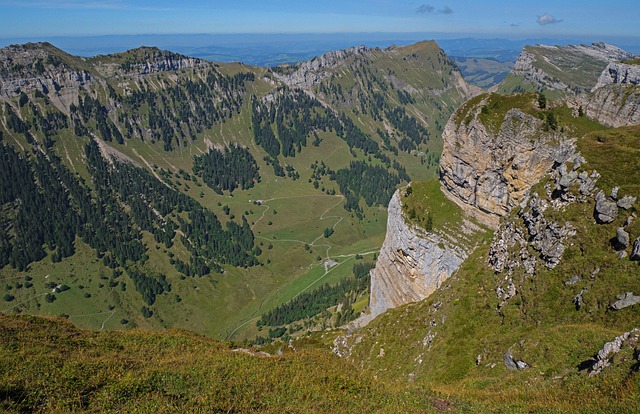Leveraging a community's agricultural heritage in real estate development fosters strong, connected neighborhoods through shared green spaces, community gardens, farmers' markets, and agricultural events. Repurposing historic structures and integrating urban farming initiatives creates vibrant hubs that attract residents and tourists, boosting local economies and strengthening ties to the region's roots. This strategy promotes sustainability, healthier lifestyles, and a renewed sense of collective ownership, building resilient communities centered around agriculture.
In today’s urbanized world, communities are blossoming with agricultural roots, cultivating a sense of connection and sustainability. This trend transcends geographical boundaries, fostering growth from farmlands to city centers.
This article explores how agricultural heritage can be a catalyst for community development through real estate strategies that create vibrant hubs. From rural traditions to urban settings, we delve into the transformation of spaces, encouraging interaction and nurturing a thriving sense of belonging.
Cultivating a Sense of Community: The Agricultural Bond

In many communities, agriculture has long been a central pillar, fostering strong bonds among residents. This agricultural heritage can serve as a powerful tool to cultivate a vibrant and connected neighborhood. By embracing this history, new developments in real estate can create spaces that encourage community engagement and a sense of belonging. Farmers’ markets, community gardens, and agricultural-themed events bring people together, fostering social connections and a shared love for the land.
These initiatives not only strengthen community ties but also promote sustainability and local economic growth. Residents can participate in growing their own food, reducing their carbon footprint, and building a resilient, self-sufficient community. This sense of collective ownership and purpose can be a game-changer for neighborhood cohesion, making agricultural roots an integral part of a thriving and united community.
Real Estate Strategies for Building Community Hubs

In the realm of growing communities with agricultural roots, strategically planning real estate can significantly contribute to building strong community hubs. One effective strategy is to designate specific areas for shared spaces like community gardens and farmers’ markets. These green spaces not only encourage residents to connect with nature but also foster social interactions and local food systems. Real estate developers can collaborate with local farmers and community leaders to create vibrant, multifaceted areas that cater to both residential and agricultural needs.
Additionally, repurposing historic buildings or abandoned lots into community centers or co-working spaces can breathe new life into agricultural towns. These converted spaces can host workshops, classes, and events that highlight the region’s agricultural heritage while providing modern amenities. Smart real estate strategies that blend historical charm with contemporary design not only attract residents but also draw tourists, enhancing the local economy and strengthening the community’s bond to its agricultural roots.
Nurturing Growth: From Farm to Urban Setting

In recent years, there’s been a noticeable trend of cities and urban areas embracing their agricultural heritage and transforming it into a vibrant community growth strategy. This shift is evident in various forms, from urban farming initiatives to the development of farm-to-table restaurants and local markets. Real estate plays a pivotal role in this transformation as developers recognize the demand for spaces that connect residents with nature and sustainable living. By integrating agricultural elements into urban landscapes, communities foster a deeper connection between locals and their food sources, promoting healthier lifestyles and a renewed sense of place.
This trend extends beyond just growing food; it involves creating multi-purpose spaces that encourage community engagement and interaction. Urban farms and garden plots not only provide fresh produce but also serve as hubs for educational programs, social events, and collaborative projects. The result is a thriving community where residents actively participate in shaping their environment, fostering a sense of ownership and collective well-being. This unique blend of agriculture and urban development offers a promising path toward building sustainable, resilient, and socially connected neighborhoods.






